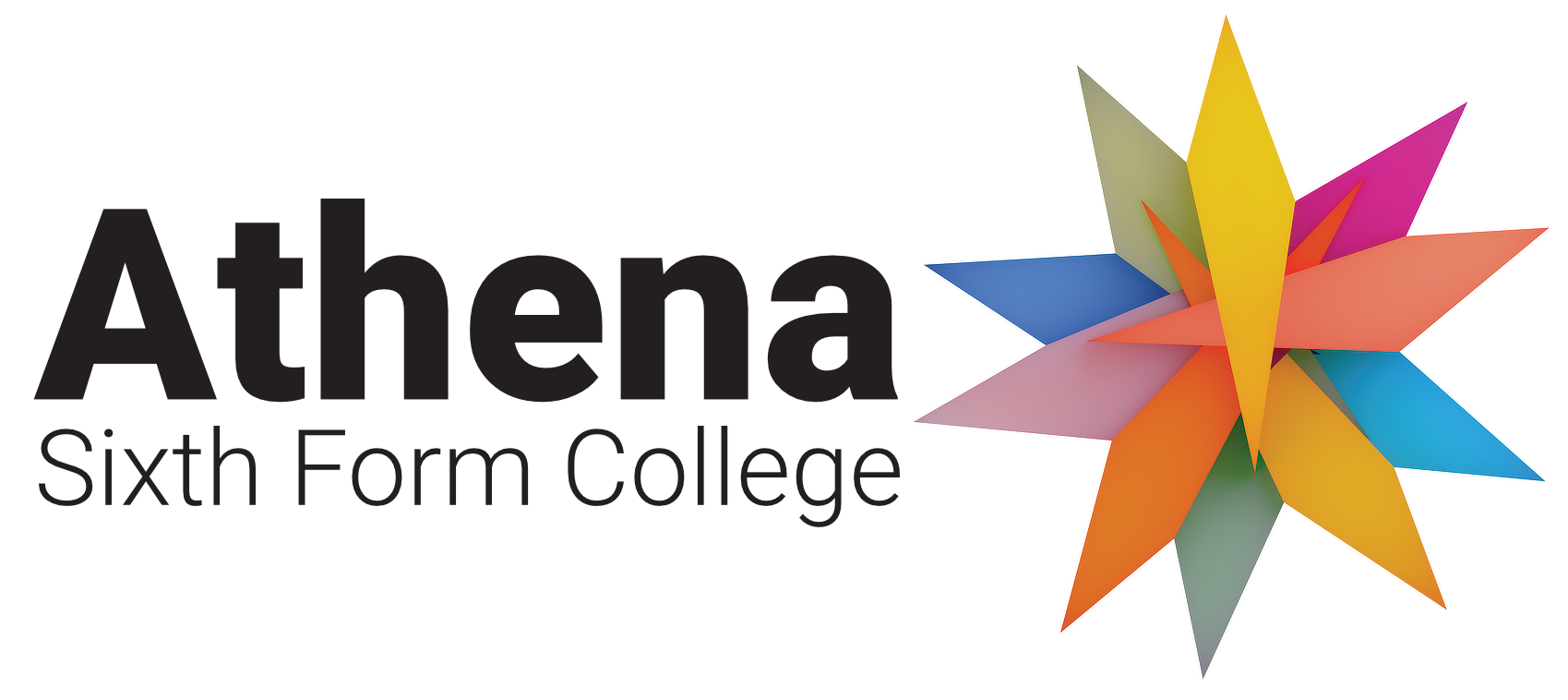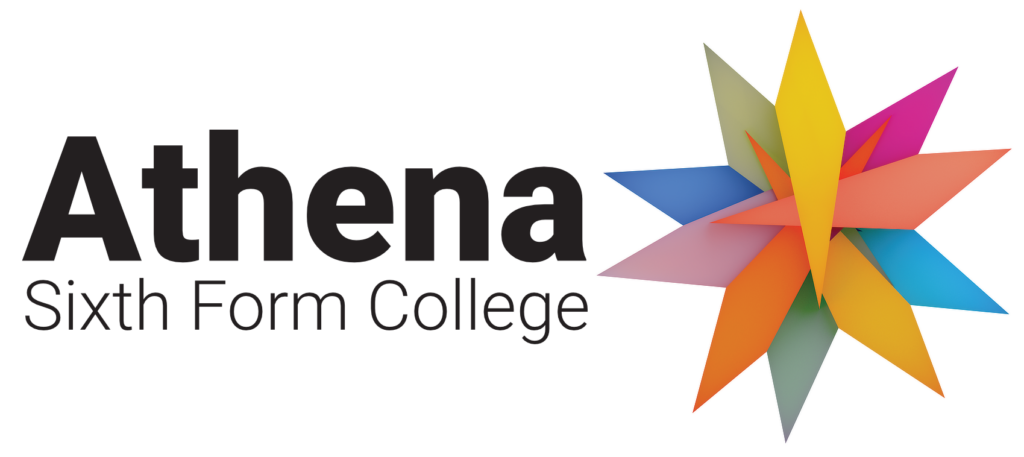Why Study?
The Cambridge Technicals have recently been updated and redesigned, with refreshing and exciting content, that is up to date, engaging, fit for purpose and suitable for the needs of students. A wide range of centre-assessed units with practical and wider project-based assessment opportunities, as well as examined units on Principles of Working in Health, Social Care and Childcare, and Health and Safety in Practice, has resulted in focused qualifications. Students will practically apply their skills and knowledge in preparation for further study or the workplace. Students will develop professional and personal skills through interaction with people who either work in the sector or require care or support, as well as theoretical knowledge and understanding to underpin their skills. This will allow them to offer specific, person-centred care and support and build positive relationships with the people they are working with, so that their needs and requirements are met while they maintain control of their own care and support. Students will consider the real impacts on people living with conditions or illnesses such as the social, financial and psychological impacts, not just the signs, symptoms and treatment of faceless conditions or illnesses. Students will also learn about the legislation and guidance supporting health and social care, so that they can ensure the people they are working with are not only able to access all the care and support they are entitled to, but are also able to protect themselves from any harm or abuse while at work.
What can I do with it?
The subject enables students to pursue interests across all three pathways: health, social care and childcare. It develops a highly desirable skillset coveted by universities offering degree courses in Midwifery, Nursing, Psychology, Early Years Education, Occupational Therapy, Criminology, Counselling, Social Care and Pharmacy. It also offers opportunities for apprenticeships within the sector, including the NHS.
CTEC Level 3 courses are equivalent to A levels and are recognised by many universities.
Subject combinations
Health and Social Care works well alongside subjects such as Biology, Psychology and Sociology.
Extras
The course allows you to pursue the pathway of your choice through optional units. The sixth form runs a weekly parent and toddler group which enables you to put theory into practice and meet the demands of many of the assignments in a realistic setting. It also allows you to develop life skills such as organisation, time management, working with other people, creativity and leadership skills.
What will I study?
You will study a range of different units, which could include:
- Building Positive Relationships in Health and Social Care
- Equality, Diversity and Rights in Health and Social Care
- Health, Safety and Security in Health and Social Care
- Anatomy and Physiology for Health and Social Care
- Infection Control
- Personalisation and a Person-Centred Approach to Care
- Safeguarding
- Creativity and Activity for Children and Young People
- Supporting People with Learning Disabilities
- Nutrition for Health
- Career Planning for Health and Social Care
- Promote Positive Behaviour
- Sexual Health, Reproduction and Early Years Development Stages
- The Impact of Long-Term Physiological Disorders
- Promoting Health and Wellbeing
- Supporting People with Dementia
- Supporting People with Mental Health Conditions
- Caring for Older People
- Creativity and Activity for Adults
- Principles of Youth Work Practice
- Looked-after Children and Young People
- Psychology for Health and Social Care
- Sociology for Health and Social Care
- Public Health
- Research Methods in Health, Social Care and Childcare
Some units are mandatory; there is an opportunity for students to opt for units. Each unit carries 30 / 60 / 90 Guided Learning Hours (GLH):
- The Single option would be 360 guided learning hours.
- The Double option would be 720 guided learning hours.
Opportunities beyond the classroom
Visits, interviews and observations are necessary and part-time employment can be used towards assessment, where these are appropriate. Students will get the chance to observe communication skills in settings and produce a health promotion campaign and carry it out to a target audience. There is also the opportunity to run a parent and toddler group.

